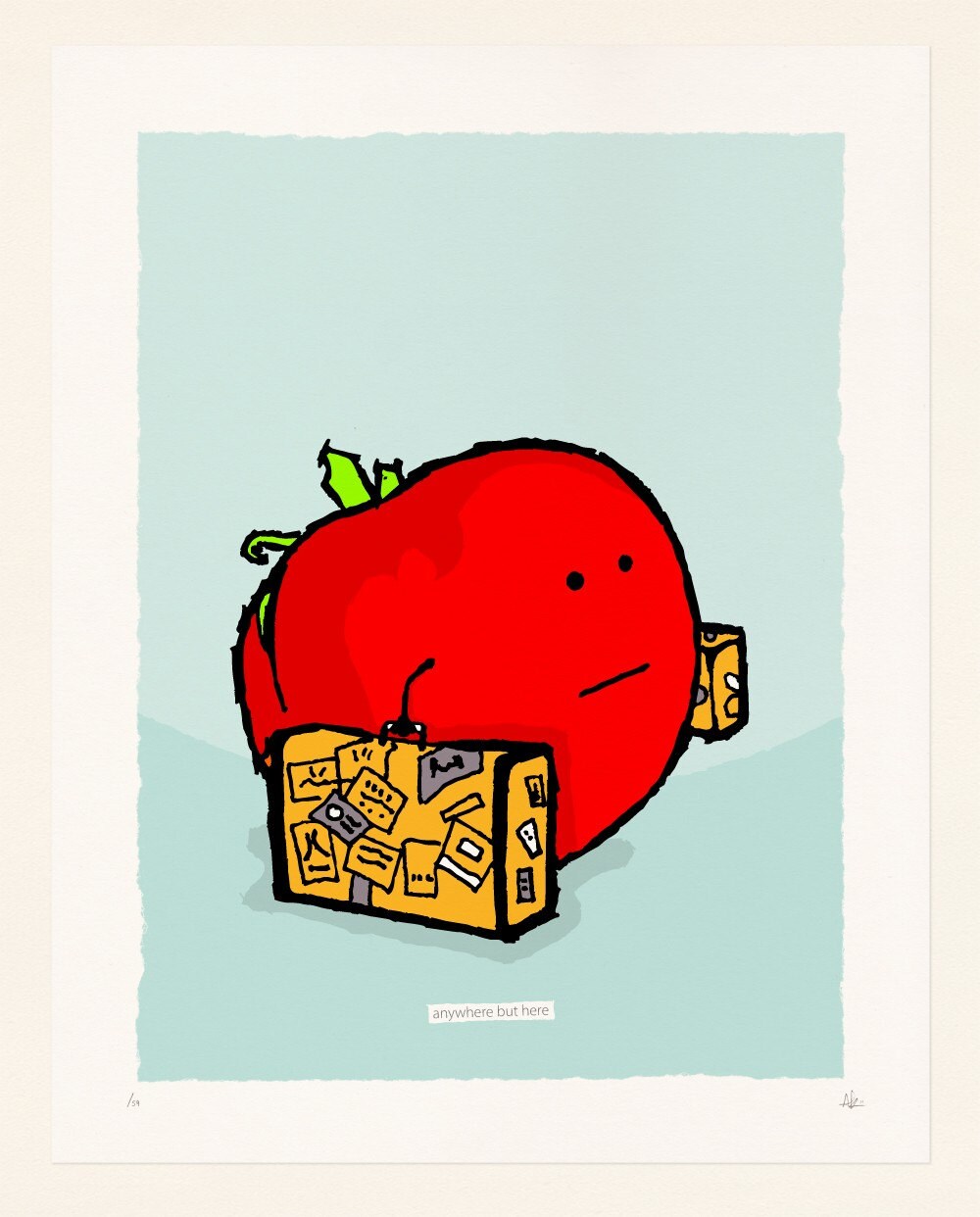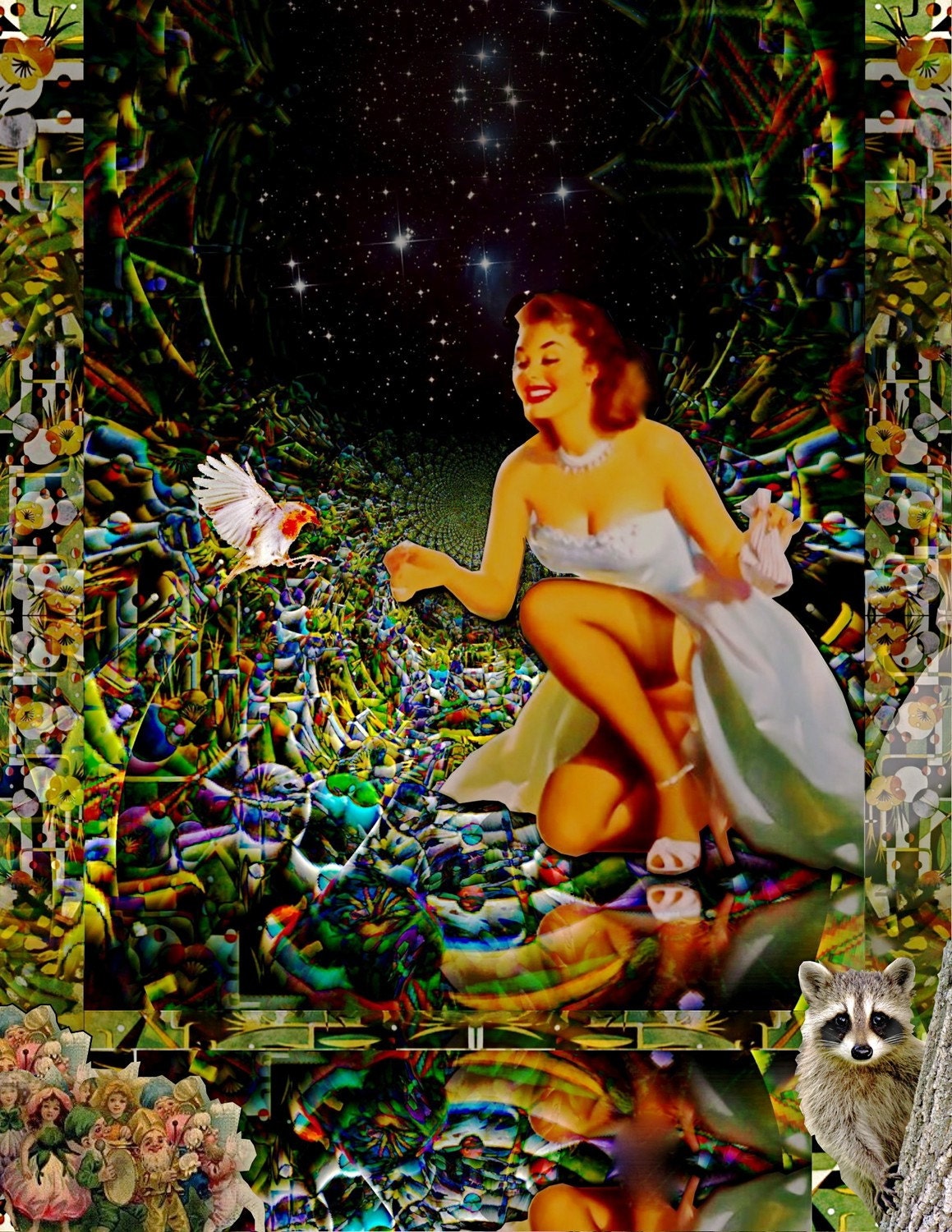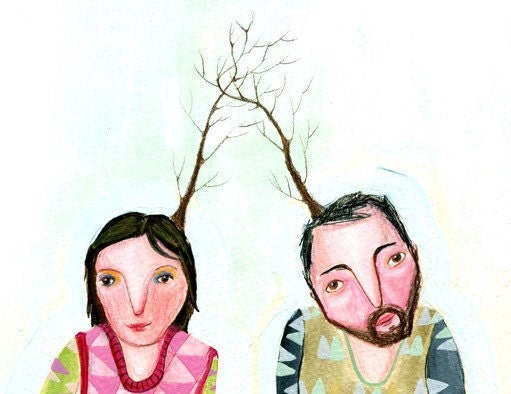 anywhere but here- MONKEY CHOW
anywhere but here- MONKEY CHOW Living green sounds so holistic and natural; it would be easy to assume that it is in our DNA to make good choices for the planet. But sacrifice doesn’t come naturally, especially when the things you are asked to sacrifice are delicious!
I’ve been hearing the “avocado debate” in the news a lot lately. Experts on sustainability are advocating that consumers buy local foods. Transporting food from other continents increases carbon emissions, causes food to lose nutritional value, and does not support local farmers. The message is clear, “If want to be a conscious consumer, give up your avocados”.
Why did they have to pick such a buttery, rich, melt-in-your-mouth, tastes good in everything fruit? In my household we eat about two avocados a week- I use them to jazz up Mexican dishes, salads, and wraps.
...Now I find out my menu is part of the emissions problem. But what is the solution? I don’t think an avocado tree would be too fond of our Canadian winters; and asking me to quit avocado cold turkey would be like telling my dog there’ll be no more walks. There has to be a happy medium, a way to have your chocolate avocado cake (yes this cake really exists) and eat it too.
My solution might sound like a cop-out, I still buy avocados because I love them. But I try to compensate for this uneco-friendly purchase. I borrowed my philosophy from Bob Greene, Oprah’s personal trainer. He said that it’s what you do 80% of the time that counts. Now, he was referring to diet and exercise, but I think this idea can be carried over to other aspects of daily life- like grocery shopping. Go ahead and buy avocados, oranges, olives, or whatever produce you crave that just doesn’t grow locally. The solution is to compensate for these purchases by trying to fill the other 80% of your shopping bag with local ingredients. I'm especially lucky to live in Niagara, where we have a wide variety of produce, meat, cheese, wine, and artisan bread at our doorsteps.
What grows locally in your area? Challenge yourself to buy seasonal local foods and you might be surprised by the culinary combinations you create; like an apple and avocado salad with creamy Camembert cheese. mmmm.
Need a little push to incorporate local foods into your meals? Take the Veggie Village Pledge: “use locally grown produce in at least one meal a week for a year to help reduce my/our carbon footprint”.
Want to learn about the 100 mile diet challenge? Listen to Deconstructing Dinner’s free podcast “100 Mile Diet/Local Food Strategies”
Thank you to Aaron Kovalcsik of MONKEY CHOW for the use of his limited edition art print, 'anywhere but here'. This artwork, along with original hand made art and prints of robots, aliens, monsters, frazzled tech, little creatures and more are available to purchase from MONKEY CHOW's online shop. Check it out!






